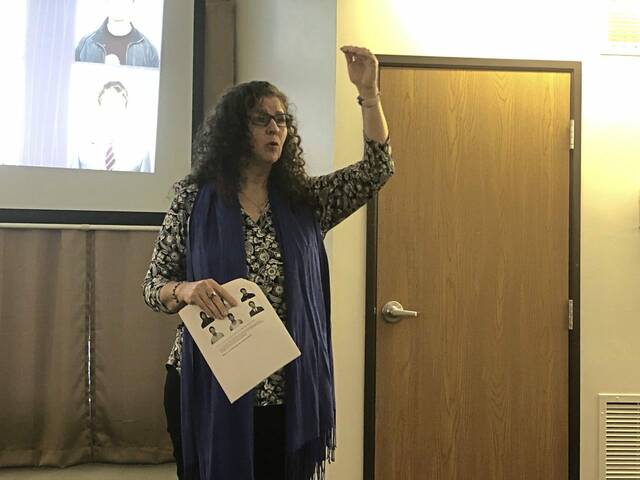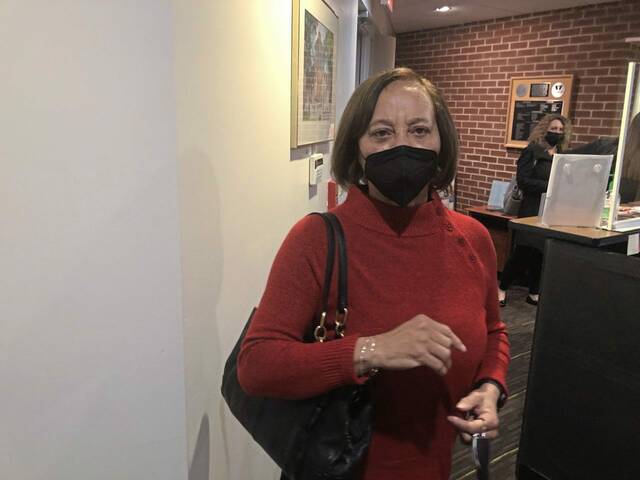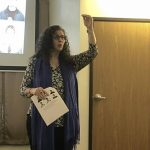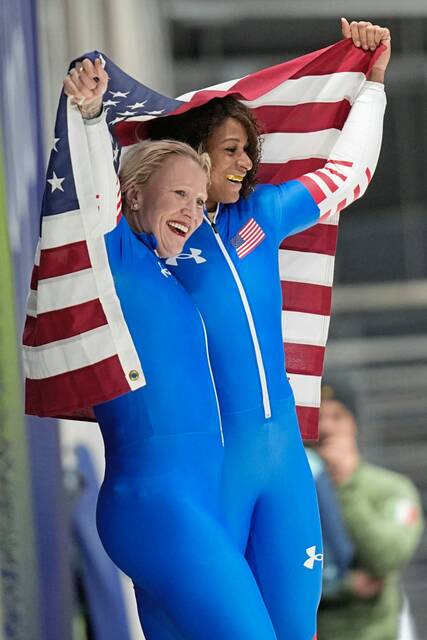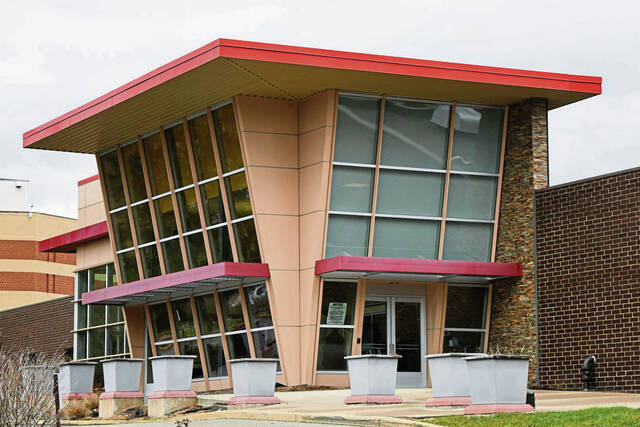White privilege — and its impact on society — does not mean that things are easy for white people, but “you have fewer barriers,” a University of Pittsburgh at Greensburg professor said recently during a program at the downtown YMCA.
“Nobody should feel bad about these privileges. If I recognize my privileges (as a white woman), you use it for good” to help others,” Melissa Marks, an associate English professor at Pitt-Greensburg, told about 35 people at the program on understanding white privilege and implicit bias.
The term white privilege originated in the United States in the 1980s, according to TheConversation.com. It refers to advantages — both hidden and obvious — afforded to white people by systemic forms of racial injustice, including in the areas of criminal justice, education, employment, housing and healthcare.
Kimberlé Crenshaw, a UCLA and Columbia University law professor who coined the term critical race theory, says it is the practice of examining “the role of race and racism in society,” according to the American Bar Association.
President Donald Trump in 2020 signed an executive order “on Combating Race and Sex Stereotyping” that threatened to void federal contracts for companies with workplace training that is “rooted in the pernicious and false belief that America is an irredeemably racist and sexist country,” USA Today reported.
Since January 2021, critical race theory has been targeted in 41 states through proposed legislation or other avenues to ban or restrict how teachers can address racism and sexism in the classroom, according to Education Week.
The public debate over critical race theory as spilled over locally at recent Norwin school board meetings, where elected officials have accused a high school teacher of teaching lessons based on the theory while school administrators maintain that such teaching is not part of the district’s curriculum.
At a recent meeting, a Norwin resident referred to critical race theory as “reverse racism.”
Marks, a Cleveland native who has been an educator for 31 years, said everyone has biases and that “racism affects all of us.”
She acknowledged that “it is really hard for us to understand others’ views,” but “we have to talk about sexism, racism and all the other ‘isms’ that we aren’t supposed to talk about.”
The current climate in America, however, does not help in achieving that understanding.
“Right now, our society is really polarized,” Marks said.
Marks advised that “we need to be careful about our biases” and how they impact our actions.
When people look at race and gender, “we attach that to stereotypes of abilities, and that is problematic,” Marks said.
White privilege can surface in a variety of places, including the workplace and in education, Marks said.
She pointed out that when white students do poorly in school, there is the assumption that they could do better if they work harder. But if they are Black or Latinx, the assumption is that they are not doing well in school because they lack the ability to do better, she said.
A study found that when job resumés with similar qualifications were sent to employers, the one assumed to be from a Black candidate did not get the same positive response as the one assumed to be from a white person, Marks said.
Two other Black women at the event agreed that they had seen bias in the area.
Toni Wilson, 54, a Mt. Pleasant resident who grew up in Scottdale, said she has seen that white privilege in the workforce and the schools as a lifelong resident of Westmoreland County, where 94.7% of its 354,600 people are white and 2.6% are Black, according to U.S. Census figures.
Wilson said she raised her two children, now in their early 20s, to believe that “we are all the same.”
She holds hope that society will be better for them.
“They’re going to be ahead of the game,” Wilson said.
Carlene Williams of Hempfield, a retired Westmoreland County Community College administrator, said she noticed a difference when she moved to the area from a diverse community near New York City 30 years ago.
Williams saw it “as part of everyday society in Westmoreland County.”
Now, “it’s something I don’t think about.”


